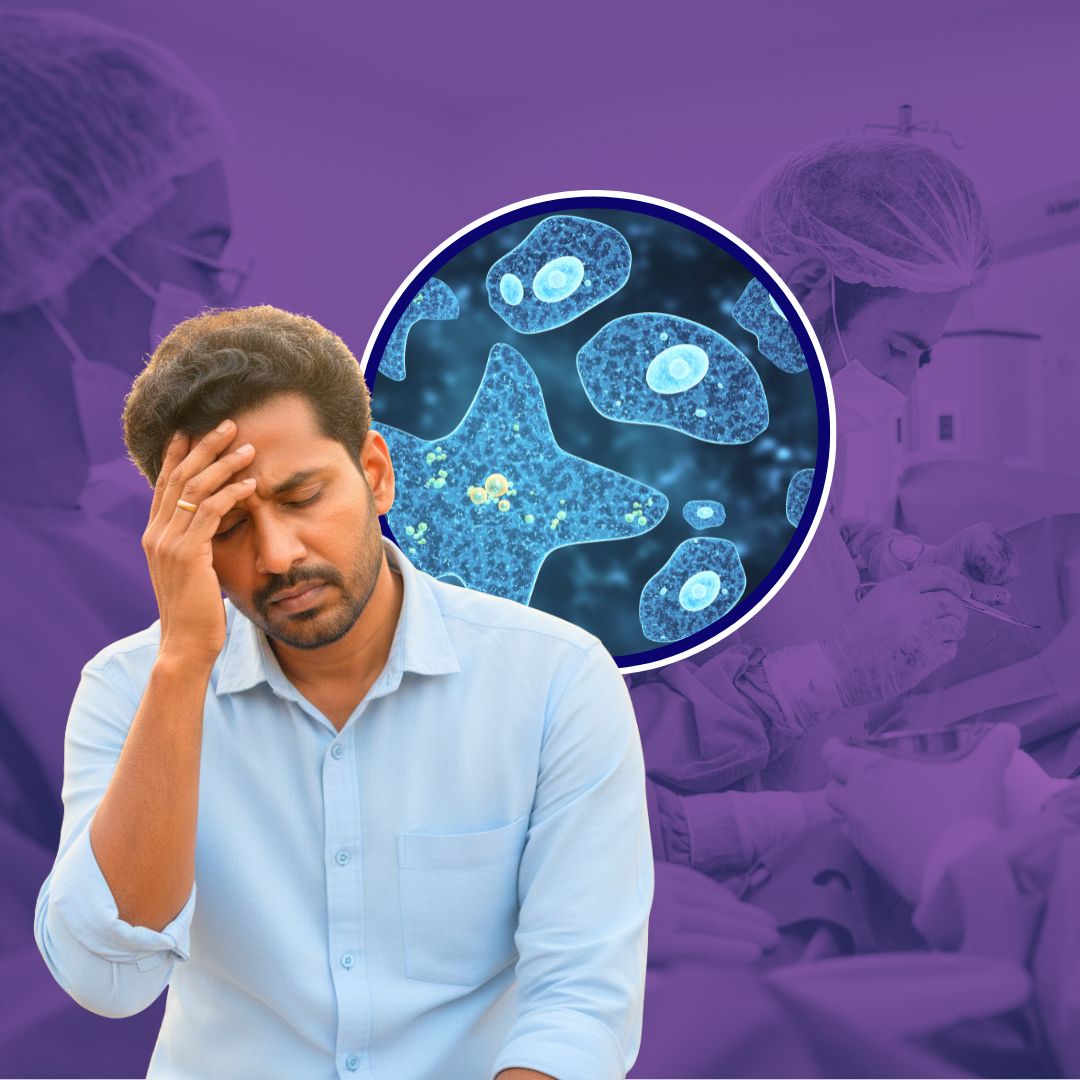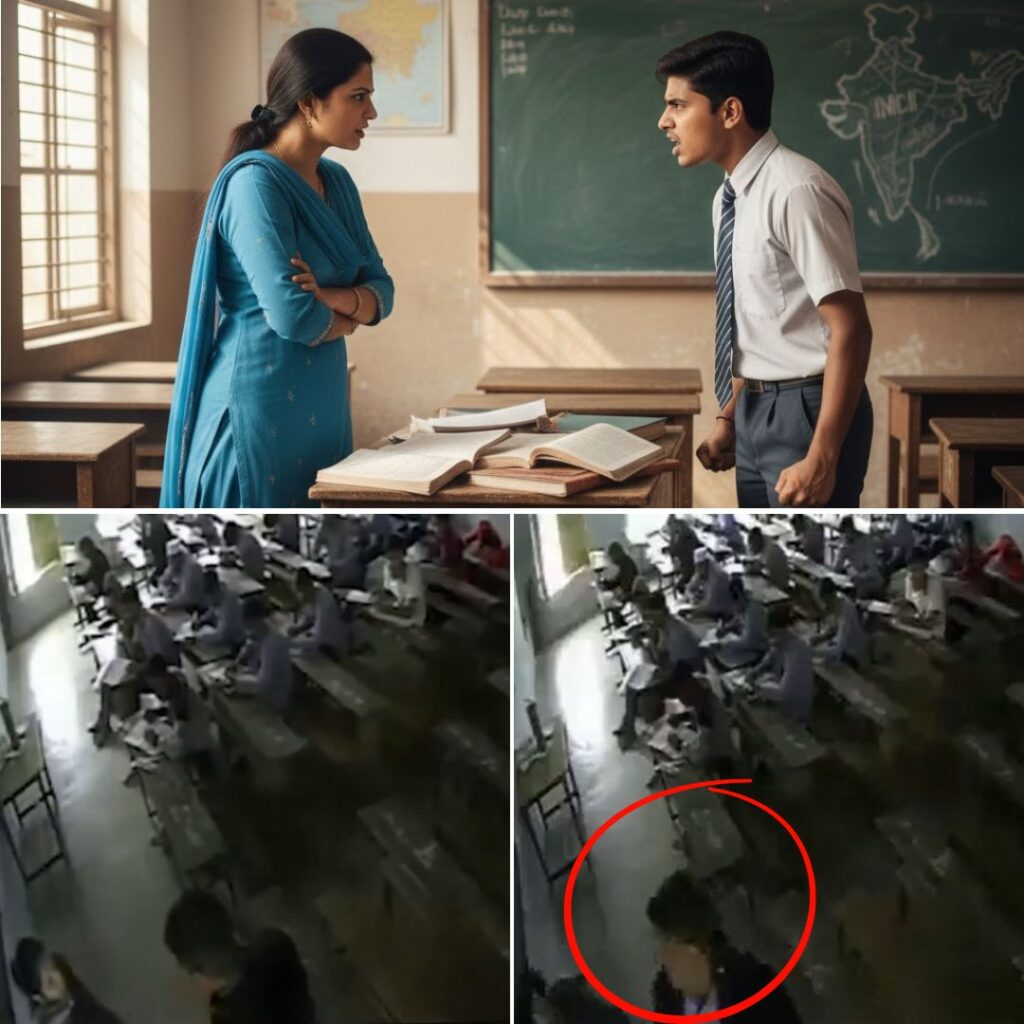Amoebic meningoencephalitis, a rare and often fatal brain infection caused by the free-living amoeba Naegleria fowleri, has recently taken a terrifying toll in Kerala. The Southern Indian state confirmed a new case involving a 17-year-old boy from Thiruvananthapuram, heightening concerns amid an ongoing outbreak in 2025.
This infection, often called the “brain-eating amoeba,” enters the body through the nose and attacks the brain, leading to rapid deterioration and high mortality. The teenager contracted the infection after swimming in a pool at Akkulam Tourist Village, which has since been shut down for investigation and thorough sanitisation.
Alarming Rise in Cases and Response Measures
Kerala has reported 67 confirmed cases of amoebic meningoencephalitis this year, with 18 deaths, including seven in September alone. Health officials monitor clusters in various districts, including Thiruvananthapuram, Kozhikode and Malappuram. The state health minister, Veena George, has intensified awareness campaigns to educate people on prevention and early symptom recognition.
“We urge the public to avoid swimming in unchlorinated or stagnant water and to maintain strict hygiene when using water bodies for bathing,” she said. The government has also taken swift action by closing the implicated swimming pool and ramping up testing and water safety protocols.
“Water is Life” Campaign: Tackling Waterborne Threats
To combat waterborne diseases, Kerala launched the comprehensive “Water is Life” campaign under the leadership of the Haritha Keralam Mission. This statewide initiative focuses on chlorination of all wells, cleaning public water sources, and extensive awareness drives in schools and communities. Scheduled activities included well chlorination on August 30 and 31, water quality testing through school laboratories, and public water source purification from September to November. The campaign also involves local self-government institutions and health workers who follow stringent guidelines to reduce infection risks. These measures come in response to tragic incidents, including the death of a three-month-old baby in Kozhikode earlier this year, which underscored the urgent need for water safety.
Challenges in Prevention and Understanding
Despite government efforts, amoebic meningoencephalitis remains difficult to prevent due to ambiguous transmission routes and rapid progression of the disease. Cases have been reported in individuals with no direct pond exposure, complicating assumptions about infection sources. The pathogen thrives in warm water and enters through nasal passages, highlighting the importance of avoiding water entering the nose during swimming or bathing.
Kerala has achieved a lower mortality rate of around 24% compared to the global 97%, thanks to early detection and aggressive treatment, but challenges persist in early diagnosis and public education. Clean water access has improved across Kerala through projects under Jal Jeevan Mission and AMRUT initiatives, yet maintaining and monitoring water safety remains vital.
The Logical Indian’s Perspective
Kerala’s amoebic meningoencephalitis outbreak casts a spotlight on vulnerabilities in water safety and public health infrastructure that demand urgent attention. While government campaigns like “Water is Life” provide necessary steps, the persistent threat reflects the crucial need for continuous community vigilance, scientific research, and infrastructural investment to address waterborne diseases.
Public empathy for affected families must translate into collective action around hygiene, environmental protection and health literacy.












